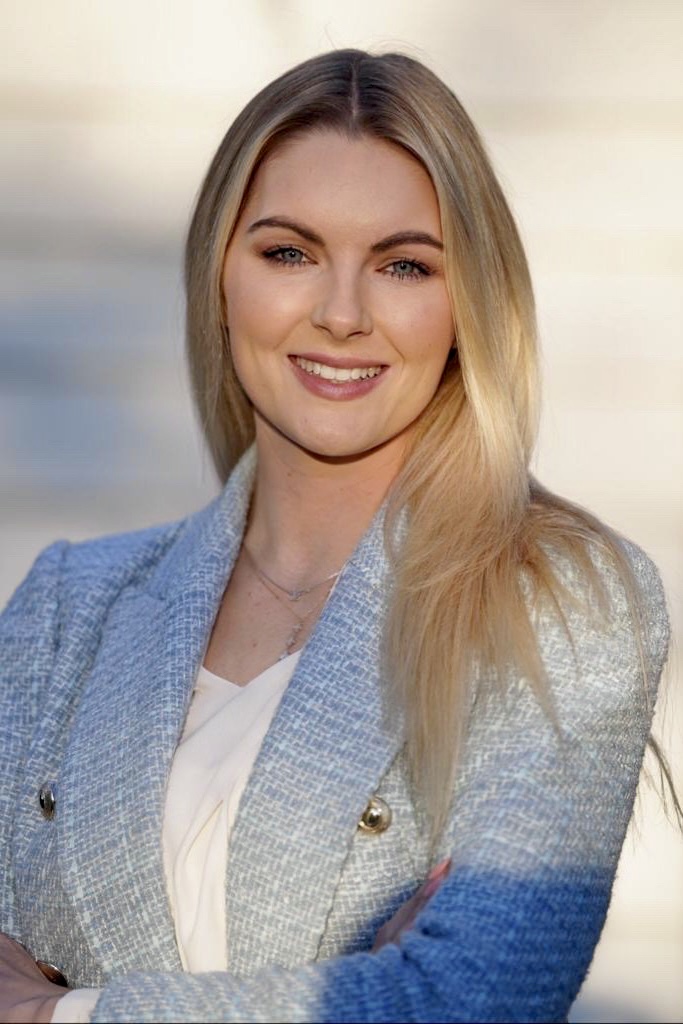The following is a contributed piece by Louisa Klouda, CEO at Fenchurch Legal.
Litigation funding is a well-established concept that provides essential financial support for legal claims. While financing for high-value lawsuits is commonplace, small-ticket funding, especially at high volumes, remains a niche area.
This article explores the challenges and opportunities of funding high volumes of small-ticket claims. It outlines the strategies employed by some small-ticket litigation funders to efficiently manage these claims while ensuring investor confidence.
The Challenge of High-Volume Claims
While a single small claim might seem manageable, the sheer volume of “no win, no fee” cases can overwhelm a law firm's financial and operational resources. Each claim demands substantial time and effort for investigation, evidence gathering, and legal representation.
Without additional funding, managing multiple cases simultaneously becomes a significant financial burden. This can limit a firm's ability to take on new clients or dedicate sufficient resources to each claim.
Litigation funding bridges this gap by providing the resources law firms need to handle a high volume of claims effectively. Securing funding to cover the costs of these claims allows law firms to build strong processes and procedures, ultimately benefiting from economies of scale.
Strategies for Success
Firms specialising in high-volume claim funding can achieve success through a combination of technology, experienced teams, and robust processes.
- Technology: State-of-the-art software isn't just an advantage – it's an imperative. It can streamline every aspect of the operations, automating repetitive tasks and facilitating efficient case vetting through rigorous risk management, ensuring efficient and reliable funding solutions.
- Experienced Team: A knowledgeable team plays a crucial role in assessing claims, managing risk, and ensuring compliance with regulations. A team must go beyond just general experience – they should possess deep market knowledge and a nuanced understanding of the specific claim types.
- Robust Processes: Clearly defined processes for loan approval, monitoring, and repayments are essential for maintaining transparency and accountability.
The Importance of Software
Limitations of manual processes can hinder efficiency. Software solutions can streamline the loan process, enhance risk management, and provide robust audit trails. This software should:
- Facilitate Efficient Case Vetting: Streamline the process of assessing claims for eligibility.
- Enhance Risk Management: Built-in safety measures can prevent errors like double-funding and identify potential risks.
- Ensure Transparency and Accountability: Robust audit trails provide a clear picture of the funding process.
Funders like Fenchurch Legal have gone further. Recognising the limitations of off-the-shelf loan management software, they have built their own bespoke software, which serves as the backbone of their operations and enables them to manage a high volume of claims efficiently. It eliminates manual errors and incorporates built-in safety measures, such as preventing double-funded cases and cross-referencing duplicate data across the platform. This seamless approach is essential for managing drawdowns and repayments and ensuring the integrity of their funding processes.
A Streamlined Funding Process
An efficient funding process benefits both law firms and funders. Here's a simplified example of how it might work:
- Clear Eligibility Criteria: Law firms understand the types of cases that qualify for funding based on pre-agreed criteria (i.e., success rate thresholds).
- Batch Uploads: Law firms can easily request funding by uploading batches of cases to a secure online platform.
- Auditing and Approval: A sample of cases is audited to ensure they meet agreed upon terms. If approved, funding is released in a single lump sum.
- Monitoring and Repayment: Software facilitates seamless monitoring of the loans and the repayment status, ensuring efficient management of repayment schedules.
Managing Risk in High-Volume Funding
Risk management is vital in high-volume funding. Here are some strategies that can be employed to mitigate risk effectively:
- Diversification: Spreading funding across different law firms and case types is a crucial strategy for mitigating risk in high-volume claim funding. It minimises overexposure and creates a well-balanced portfolio.
- After the Event (ATE) Insurance: Provides an extra layer of protection for investments in high-volume claim funding. It specifically covers the legal costs if a funded claim is unsuccessful.
- Rigorous Due Diligence: Thorough assessment of cases and the law firm's capacity to handle them ensures informed decision-making.
- Continuous Monitoring: Proactive risk identification and mitigation safeguard investments. This includes requesting regular updates and performance data from law firms.
Conclusion
By leveraging technology, team expertise, and robust processes, funders can efficiently manage high-volume small claims, presenting a compelling investment opportunity. This approach can minimise risk and ensure transparency throughout the funding process.
Fenchurch Legal specialises in this niche area, efficiently managing and supporting a high volume of small-ticket consumer claims with an average loan value of £3,000 each. They handle diverse areas such as housing disrepair and personal contract payment claims. Their proven track record of funding over 12,000 cases is driven by their bespoke software, knowledgeable team, and robust processes.


















